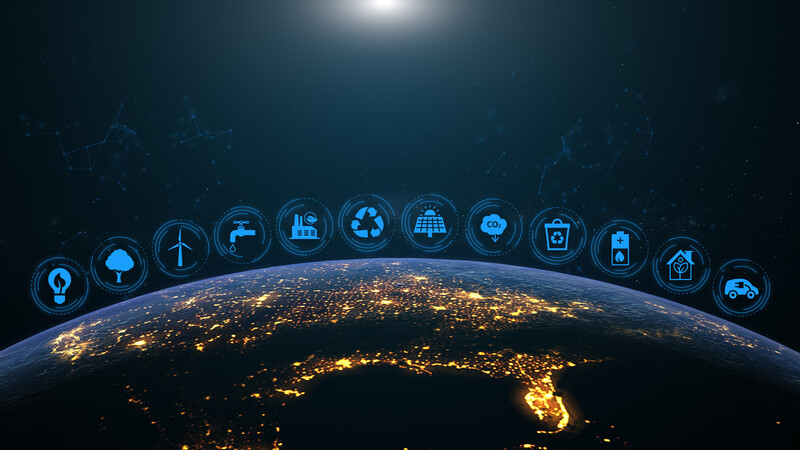As of August 4, 2024, a new European regulation has entered into force with significant implications for the energy sector: Regulation (EU) 2024/1787. This legislation compels companies across the fossil fuel supply chain – from production to import – to adopt a much stricter approach to methane emissions. Methane is a greenhouse gas with a much stronger global warming effect than CO₂, and tackling it plays a central role in the EU’s climate policy.
Scrutinising methane emissions
The regulation requires companies not only to measure and report methane emissions but also to actively reduce them. This applies to the entire supply chain: from oil and gas extraction to the transport and processing of natural gas, as well as to both active and abandoned coal mines. The rules don’t just apply within the EU – suppliers outside the EU that deliver fossil fuels to the European market are also affected.
What will change for operators?
Operators of oil and gas facilities, pipelines, or coal mines will face a range of obligations:
-
Measurement and reporting: Methane emissions must be quantified and reported annually. These figures must be verified by an independent third party.
-
Leak Detection and Repair (LDAR): Companies must proactively detect and swiftly repair leaks. Fixed inspection intervals and threshold levels have been established for this.
-
Limits on venting and flaring: Routine flaring will no longer be allowed. Venting is permitted only in exceptional circumstances. Where feasible, emission-free alternatives must be used.
Even abandoned mines and inactive gas wells fall under the reporting requirement. Member States must maintain an inventory of these sources and take measures to mitigate remaining emissions.
New obligations for importers
A key pillar of the regulation is the responsibility of importers of crude oil, natural gas, and coal. They must be able to demonstrate the origin of their products and the associated methane emissions. The obligations will be phased in over time:
-
From 2025: Reporting of methane-related information from non-EU suppliers.
-
From 2027: Imports will only be allowed from producers that measure, monitor, and verify methane emissions in accordance with EU standards.
-
From 2028: Reporting required on the methane intensity of imported products.
-
From 2030: Imports will only be permitted if fossil fuels meet established methane intensity thresholds.
Transparency and enforcement
The European Commission will set up a public database to provide insight into methane emissions from producers worldwide. A global monitoring system using satellite data will also be established to detect major emission events more rapidly.
Member States will be required to supervise compliance. In case of violations, fines of up to 20% of annual turnover may be imposed. The regulation stipulates that penalties must be “effective, proportionate, and dissuasive.”
What does this mean for businesses?
The impact of the methane regulation is significant. Not only producers, but also traders, importers, and infrastructure operators will need to critically assess their processes, contracts, and systems. Full transparency across the entire supply chain is now mandatory – including emissions occurring outside Europe.
More information
Want to learn more about the regulation’s content or its practical implications? Visit the methane regulation topic page on the website of the Dutch Emissions Authority or consult the full text of Regulation (EU) 2024/1787.

